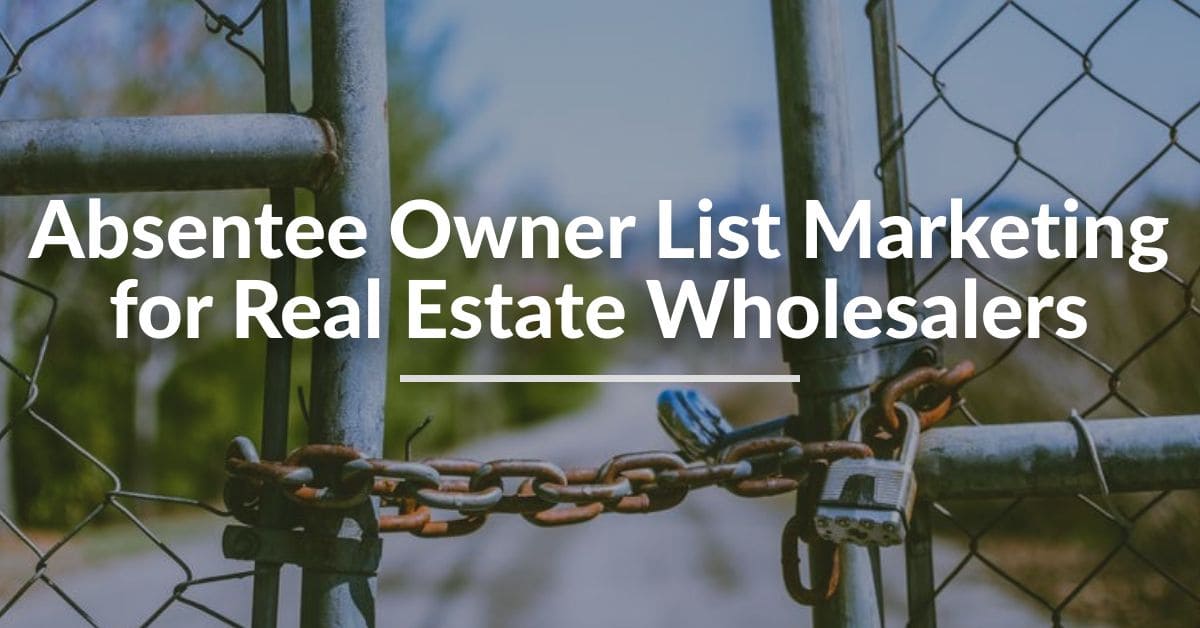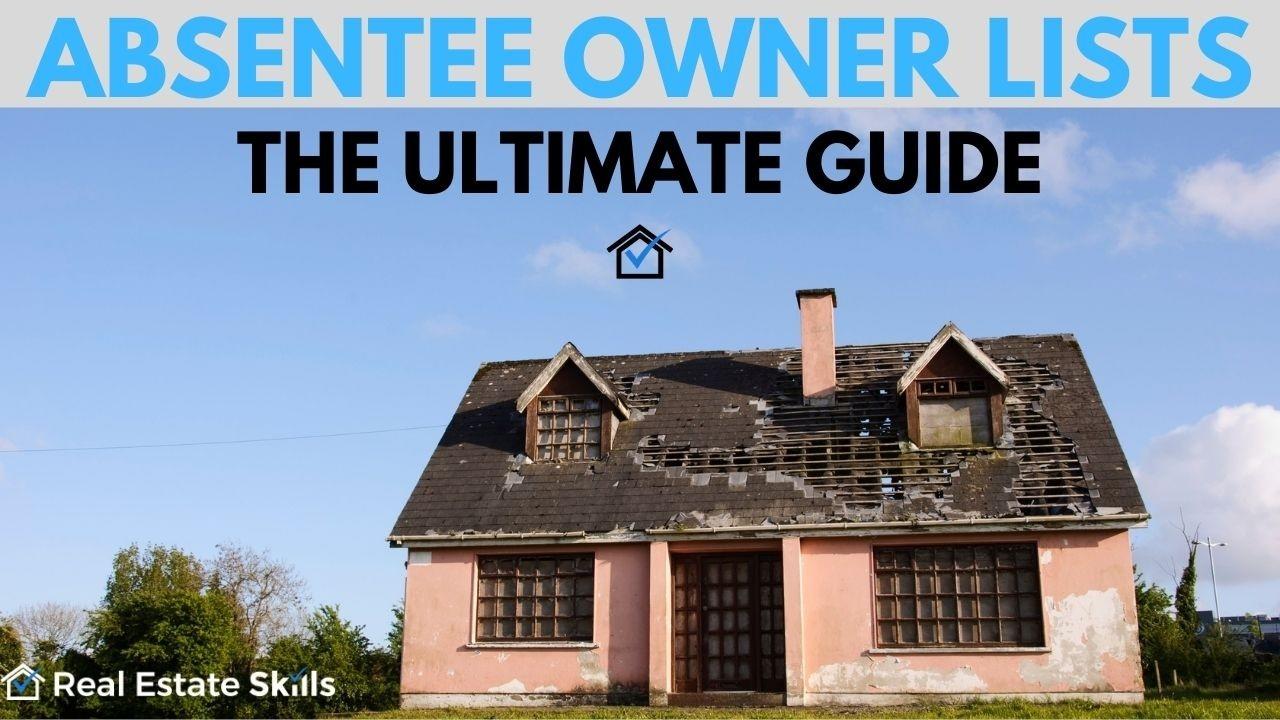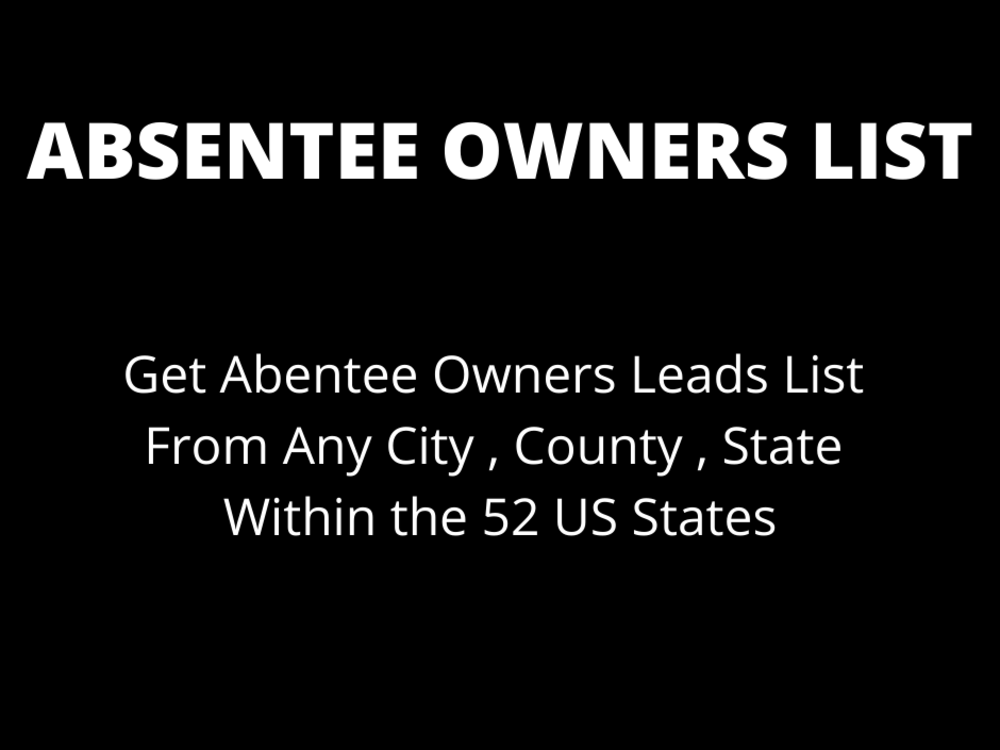Absentee Owners Definition In Real Estate

The term "absentee owner" frequently surfaces in real estate discussions, yet its precise meaning and implications are often misunderstood. Understanding the definition is crucial for both prospective buyers and community stakeholders. This article delves into the complexities of absentee ownership, its potential consequences, and how it affects the real estate landscape.
At its core, an absentee owner is a property owner who does not reside in the property they own. This could be a landlord renting out a house, an investor holding land for future development, or someone who inherited a property and lives elsewhere.
Defining Absentee Ownership
The definition hinges on the lack of occupancy. An absentee owner typically lives a significant distance from the property, often making direct management challenging. This distance can range from across town to across the country or even internationally.
Key Characteristics:
Several factors distinguish absentee ownership. These often include reliance on property managers, infrequent visits to the property, and primary residence located elsewhere.
- Non-occupancy: The defining characteristic.
- Distance: Physical separation from the property.
- Delegated Management: Often relies on property managers or local contacts.
Potential Impacts on Communities
Absentee ownership can have varying impacts on local communities. Both positive and negative consequences can arise depending on how the property is managed.
On one hand, it can provide much-needed rental housing. It also allows for investment in areas that might otherwise lack capital.
However, poorly maintained absentee-owned properties can contribute to blight. They can also decrease property values for neighboring homes, according to a report by the National Association of Realtors (NAR).
Furthermore, a lack of local presence can lead to a disconnect from community concerns. This could result in delayed responses to issues like code violations or tenant disputes.
Challenges for Local Governments
Local governments often face challenges when dealing with absentee owners. Contacting owners can be difficult, especially if they live out of state or country.
Enforcing property maintenance codes becomes more complex.
"Tracking down absentee owners and ensuring compliance can be a significant drain on resources," stated a spokesperson for the U.S. Department of Housing and Urban Development (HUD).
Some municipalities have implemented absentee owner registries to streamline communication. These registries require owners to provide contact information and local representatives.
Benefits for Owners
Despite the potential drawbacks for communities, absentee ownership can offer several benefits to the owners. It provides income through rental properties.
It allows for diversification of investment portfolios. Real estate, managed from a distance, can be a long-term wealth-building strategy.
It provides flexibility for individuals who relocate for work or other reasons but wish to retain ownership of their previous homes.
Mitigating Negative Impacts
Several strategies can help mitigate the negative impacts of absentee ownership. Proactive property management is key.
Regular maintenance, tenant screening, and prompt responses to tenant requests are essential. Furthermore, communication with neighborhood associations and local authorities can foster positive relationships.
Local governments can play a role by enforcing property codes. They can also offer resources and support to absentee owners to encourage responsible property management.
In conclusion, understanding the definition and implications of absentee ownership is crucial for all stakeholders. By addressing the potential challenges and fostering responsible property management, communities can harness the benefits while minimizing the risks.


















